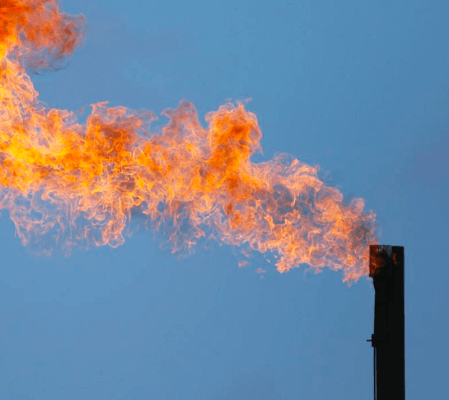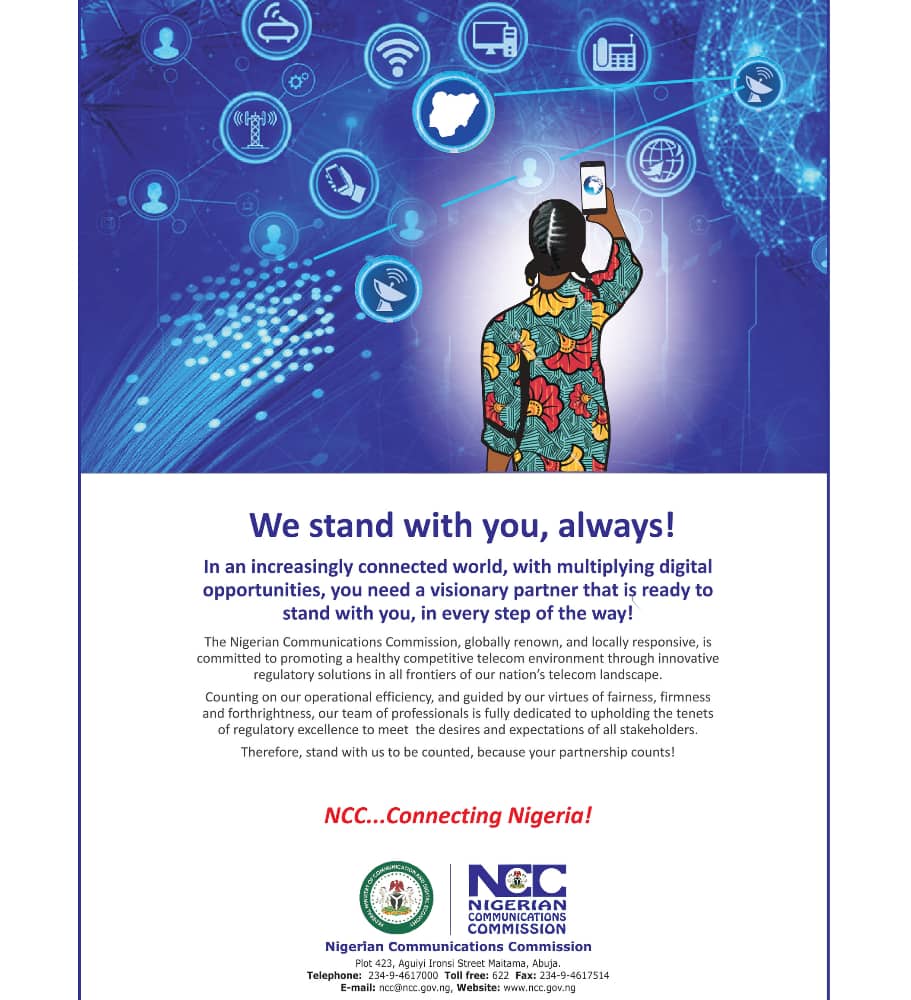
By Miriam Humbe
The Executive Secretary of Nigeria Extractive Industries Transparency Initiative, (NEITI), Ogbonnaya Orji, on Tuesday, stressed the need to recognize the urgency of addressing methane emissions within Nigeria’s oil and gas sector.
The Executive Secretary said this at the multi-stakeholder dialogue on “Strengthening Methane Emissions Reduction Strategies in Nigeria’s Gas Expansion Plans,” which held in Abuja.
The event was organized by the Center for Journalism Innovation and Development, (CJID), in partnership with the Natural Resource Governance Institute.
He said that the cost of environmental pollution to human life and the environment were clear.
Dr. Orji said that with new EU regulations excluding high emitting country petroleum products anticipated, Nigeria is at risk of losing revenue it needs for economic development and energy transition from its major trade partner.
The NEITI boss went further to proffer solutions to mitigate the effects of emissions on the environment.
He said: “Effective mitigation measures are not only environmentally responsible but also economically beneficial for all stakeholders.
“Reducing emissions enables oil and gas companies to improve operational efficiency, minimize revenue losses from gas flaring, and enhance their competitiveness in the global market.
“This directly results in increased government revenue and a more attractive investment climate for Nigeria, contributing to achieving the Sustainable Development Goals and international climate commitments. Nigerian communities will also benefit from cleaner air and improved health outcomes.
“To achieve this audacious emission reduction goal, collaboration is crucial. Dialogues like this one provide timely opportunities to explore strategies, share insights, and reinforce our commitments to support Nigeria’s environmental and economic goals.
“As an organization, NEITI has always been at the forefront of promoting transparency and accountability in Nigeria’s extractive sector.
“This enables stakeholders to make informed decisions and take effective action that benefits everyone.
“We assist in improving data collection, reporting, and analysis, ensuring decision-makers can access accurate and comprehensive information.
“This data-driven approach is essential for designing and implementing policies that address critical concerns such as methane emissions.
“I believe that in our quest to reduce methane emissions in Nigeria, aligning with international best practices and standards is crucial.
“The Extractive Industries Transparency Initiative (EITI) has recently included guidelines on greenhouse gas emissions, including methane, in its standards.
“These guidelines provide a robust framework for companies to measure, report, and reduce their emissions, ensuring they meet the highest levels of environmental performance.
“Adhering to EITI standards demonstrates a commitment to transparency and accountability.
“When companies in Nigeria disclose detailed information about their emissions and the measures they are taking to mitigate them, it builds trust with stakeholders and enables effective monitoring.
“You will agree with me that reducing methane emissions is not just an environmental imperative; it is also an economic opportunity.
“Companies that adopt best practices and meet international standards enhance their competitiveness in the global market. Not only that, but investors are also increasingly prioritizing sustainability, and companies with strong environmental performance are more likely to attract investment.
“I would like to reiterate that mitigating methane emissions requires the active participation of all stakeholders, including the government, federal and subnational, national and international oil companies, and civil society organizations.
“The government must ensure robust frameworks and policies that hold oil and gas companies accountable, while civil society organizations must continue to monitor and advocate for environmental sustainability.
“In the next few months, NEITI will release a new Oil and Gas Audit Report for 2022 and 2023.
“This report will provide an in-depth analysis of the environmental performance of companies operating in Nigeria’s oil and gas sector, including emissions levels. It is a vital resource for all stakeholders to drive action on various issues within the oil and gas sector, including emissions.
“I urge all stakeholders to leverage data from this report and other tools we provide to track industry commitments and progress, identify gaps, highlight best practices, and pressure lagging companies to improve their performance.
“This informed advocacy is crucial for pushing for more robust environmental policies and mobilizing grassroots support for emissions reduction initiatives.
“I want to highlight that subnational governments can benefit immensely from this report as it offers critical insights into the environmental performance of companies within their states.
“In closing, I would like to commend the recent disclosure of the decarbonization and gas supply strategies by the Decade of Gas Secretariat, which are set to be implemented within 24 months by the execution committee.
“However, as we champion the Decade of Gas, it is imperative that we remain alert about the environmental impacts associated with gas production and consumption, particularly methane emissions.”
He said that the cost of environmental pollution to human life and the environment were clear.
Dr. Orji said that with new EU regulations excluding high emitting country petroleum products anticipated, Nigeria is at risk of losing revenue it needs for economic development and energy transition from its major trade partner.
The NEITI boss went further to proffer solutions to mitigate the effects of emissions on the environment.
He said: “Effective mitigation measures are not only environmentally responsible but also economically beneficial for all stakeholders.
“Reducing emissions enables oil and gas companies to improve operational efficiency, minimize revenue losses from gas flaring, and enhance their competitiveness in the global market.
“This directly results in increased government revenue and a more attractive investment climate for Nigeria, contributing to achieving the Sustainable Development Goals and international climate commitments. Nigerian communities will also benefit from cleaner air and improved health outcomes.
“To achieve this audacious emission reduction goal, collaboration is crucial. Dialogues like this one provide timely opportunities to explore strategies, share insights, and reinforce our commitments to support Nigeria’s environmental and economic goals.
“As an organization, NEITI has always been at the forefront of promoting transparency and accountability in Nigeria’s extractive sector.
“This enables stakeholders to make informed decisions and take effective action that benefits everyone.
“We assist in improving data collection, reporting, and analysis, ensuring decision-makers can access accurate and comprehensive information.
“This data-driven approach is essential for designing and implementing policies that address critical concerns such as methane emissions.
“I believe that in our quest to reduce methane emissions in Nigeria, aligning with international best practices and standards is crucial.
“The Extractive Industries Transparency Initiative (EITI) has recently included guidelines on greenhouse gas emissions, including methane, in its standards.
“These guidelines provide a robust framework for companies to measure, report, and reduce their emissions, ensuring they meet the highest levels of environmental performance.
“Adhering to EITI standards demonstrates a commitment to transparency and accountability.
“When companies in Nigeria disclose detailed information about their emissions and the measures they are taking to mitigate them, it builds trust with stakeholders and enables effective monitoring.
“You will agree with me that reducing methane emissions is not just an environmental imperative; it is also an economic opportunity.
“Companies that adopt best practices and meet international standards enhance their competitiveness in the global market. Not only that, but investors are also increasingly prioritizing sustainability, and companies with strong environmental performance are more likely to attract investment.
“I would like to reiterate that mitigating methane emissions requires the active participation of all stakeholders, including the government, federal and subnational, national and international oil companies, and civil society organizations.
“The government must ensure robust frameworks and policies that hold oil and gas companies accountable, while civil society organizations must continue to monitor and advocate for environmental sustainability.
“In the next few months, NEITI will release a new Oil and Gas Audit Report for 2022 and 2023.
“This report will provide an in-depth analysis of the environmental performance of companies operating in Nigeria’s oil and gas sector, including emissions levels. It is a vital resource for all stakeholders to drive action on various issues within the oil and gas sector, including emissions.
“I urge all stakeholders to leverage data from this report and other tools we provide to track industry commitments and progress, identify gaps, highlight best practices, and pressure lagging companies to improve their performance.
“This informed advocacy is crucial for pushing for more robust environmental policies and mobilizing grassroots support for emissions reduction initiatives.
“I want to highlight that subnational governments can benefit immensely from this report as it offers critical insights into the environmental performance of companies within their states.
“In closing, I would like to commend the recent disclosure of the decarbonization and gas supply strategies by the Decade of Gas Secretariat, which are set to be implemented within 24 months by the execution committee.
“However, as we champion the Decade of Gas, it is imperative that we remain alert about the environmental impacts associated with gas production and consumption, particularly methane emissions.”


